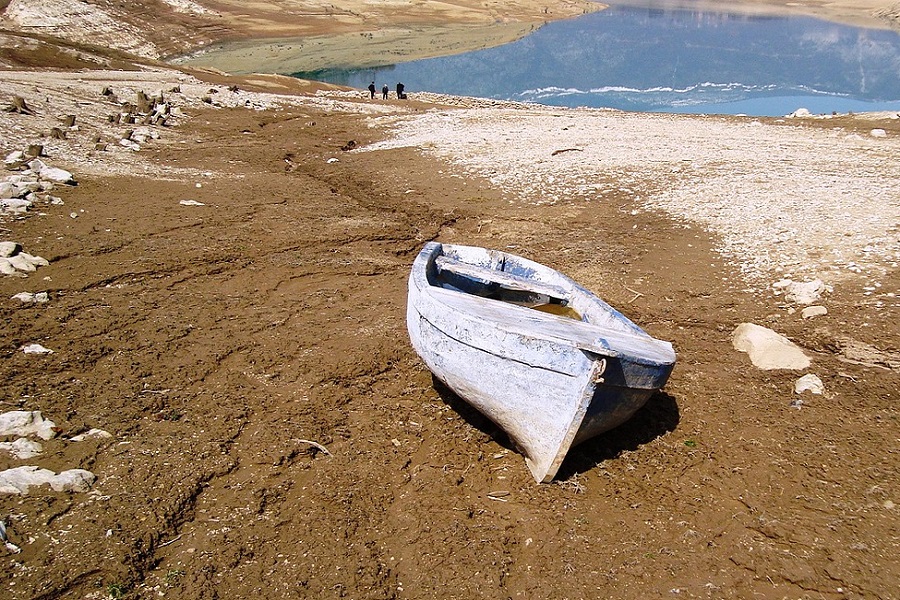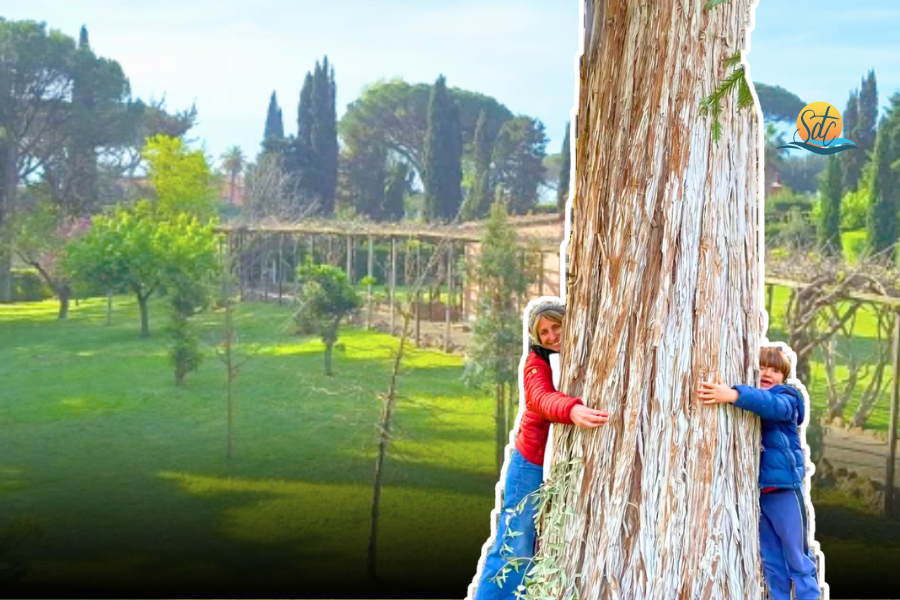And we wished to check personal and community lifestyles and to make concrete and daily decisions that are more respectful of the future of the planet and the fate of the poor (1.2.4.c.); to participate in collective networks that are concerned with creation in order to contribute to a dynamism of lasting change (1.2.4.b and to strengthen the circular economy (1.2.5).
Seeking to make a common contribution to the reflection of the National Teams, the International Laboratory of Integral Ecology (LIEI) has organised, since September 2023, a series of formative meetings, organised with the invaluable help of Fr. Joshtrom Isaac Kureethadam, to whom our thanks for giving us his time and wisdom.
No matter where we live, wherever we ‘see, hear, feel’ the clamour of creation and the cry of the poor. We know how urgent it is to act to curb the socio-environmental crisis we are experiencing, but we also feel that the step towards ecological conversion is a slow process that begins in every heart, including our own, in order for it to be translated into praxis and have an impact. It is a difficult and painful process because human beings are reluctant to change their ideas, their hearts and their lifestyles. It is a difficult and painful step because to be truly impactful one must be communitarian.
Here we resume our journey in our process of deepening and hope for a conversion
16 November 2023 – Integral ecology and our commitment as the family of St Jeanne-Antide
Sister Elina introduced us to the experience of St. Jeanne Antida, who certainly does not speak of ‘integral ecology’ (this was not a term of her era at the beginning of industrialisation and before the invention of plastic), but who has much to teach us about ‘listening to the noise of the poor and the sprouting of creation’, and about her relationship with nature, which offers, in every place, the fruits, with their infinite varieties and seeds suited to the climate, the soil and the needs of the living. Jeanne Antida encountered God in the landscapes she travelled through, when she knew how to look and look, to be moved and moved by the needs of others, to share, to be content with what is really necessary, to care for future generations, etc.
25 November 2023 – Common home and climate crisis
In the second meeting Fr Joshtrom introduces us to the first two chapters of Laudato Si and the methodology he proposes: see, change and implement. “See” the beauty of creation: Our Lord, God of Love, places our planet in the enclosure of the galaxy so that life can sprout, as we know it: we believe in the human being, created in his image and likeness, to whom he entrusted the care of creation so that everything would be united in a hymn of closeness to its creator. “See” also the pain that human beings are causing because they have forgotten the received mission of being custodians of the garden, turning into exploiters, placing the world on the edge of collapse. As Pope Francis emphasised in Laudato Deum, the next seven to ten years are decisive for the life of the planet, urging us to “listen to the fruit of creation”, and not just raise our awareness as we take action. We are called to allow ourselves to be judged by the Gospel of creation and the social doctrine of the Church, recognising the creature among creatures, the heirs of an earth that we must ‘cultivate’, ‘care for’ and ‘leave’ to new generations.
10 February 2024 – The new paradigms of Laudato Si
In the third meeting we tried to understand the human roots of the socio-environmental problem: technocracy and the modern anthropocentric model: a human being who “consumes” the world, uses and discards, believing that with technology one can do everything and produces without considering the consequences, contaminating and destroying as if we then had a spare planet on which to live (LS, Chap. 3). The Encyclical proposes a new paradigm: Integral Ecology that has its consequences in politics, economics, relationships, care of the Common Home, culture and education (LS, Cap 4)
13 April 2024 – Spirituality and Ecological Conversion
In our daily environment, more aware of the human roots of the one great socio-environmental problem we are currently experiencing, we begin to look for ‘paths of ascent’, responses of actions that will arise from ‘Conversion’, from a change of feeling in the heart, from a new ‘connection’ with the Creator, which will make the other person happy as brother and sister and remind us of our task of caring for the planet we have inherited and which we should enrich and hand over to the new generations. Yes, this personal conversion has led us to seek community responses to social problems. In order to do so, we must grow in the ecological virtues of respect, brotherhood, care, work, justice, sobriety, humility.
8 June 2024 – Circular Economy and Lifestyle
In this meeting we continued to recognise the possible actions that as humanity and personally we are called upon to offer: an ECONOMY that returns to its original meaning, eyes + hands, manage, the burden of the common house, denounce… it should be the art and science of managing the planetary house. As Klein says, through fires, floods, droughts, extinctions, nature is sending us ‘a powerful message’ about the need for a completely new economic model and thus a new way of sharing the planet. We need a new ‘ecological’ economy, respectful of the ecosystems and natural cycles of the planetary home in which we live and at the service of all humanity. (LS 141). The time has come to accept a certain reduction = sobriety in our lifestyle, in some parts of the world, providing resources so that we can grow healthily in other parts of the world.
Thank you to each and every one for sharing this journey.









